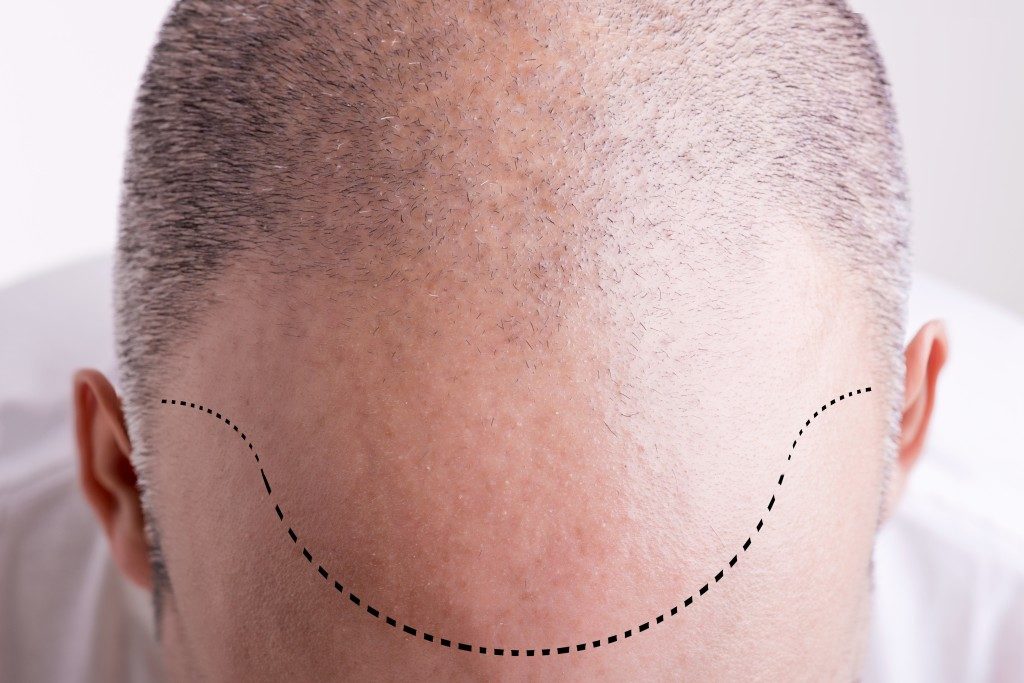Not everyone has a healthy self-image. Too often, pressure from society, especially in the age of social media, causes people to become insecure and overly conscious about their weight and physical appearance. Binge eating is among the more common eating disorders that plague thousands of people today.
The National Eating Disorders Association explains that this disorder is characterized by repeated binge eating without the need purge, unlike in the case of bulimia nervosa. Since it is classified as a mental health disorder, psychiatrists recommend intervention and a binge eating disorder treatment plan for both adult and adolescent patients.
While it may be true that binge eating is not considered as dangerous as anorexia and bulimia, which could cause malnutrition and even death in certain cases, the illness can still cause emotional and physical distress. It also triggers other health issues and could also impact mortality rate.
Psychotherapy
It is also true that people with binge eating disorder rarely seek medical help until it’s too late. It is therefore often up to friends and family to support the individual and encourage him or her to get help.
From a medical standpoint, treatment should be customized for the long term. More often than not, it requires a combination of strategies and approaches for the person to regain control of their eating behavior.
Psychotherapy and cognitive-behavioral therapy are personalized treatments that gradually help the patient change their thinking and behavior towards food and their self-image. The therapist slowly helps the person develop a better and healthier mindset about food, weight, and body image.
More importantly, the therapy sessions help identify the underlying situations or triggers which cause the person to binge eat in the first place—stress, rejection, depression, heartbreak, poor self-esteem, and feeling left out are among the common ones. The patient is taught to be aware of these triggers and is taught how to best handle the challenging situation without resorting to binge eating.
Medication
The Food and Drug Administration (FDA) has approved several medicines for the treatment of binge eating disorder. One of them is Lisdexamfetamine or Vyvanse. This drug is also used to treat Attention Deficit Hyperactivity Disorder and has been proven to reduce the number of binge eating episodes in patients. The common side effects experienced by individuals who take this are increased heart rate, trouble sleeping, dry mouth, and feeling jittery or restless. In more serious cases, taking the meds for extended periods can result in a heart attack or a stroke.
Of course, the ideal scenario is not to be under medication for extended periods. Therapists hope that other forms of continued treatment and help from family friends will be effective enough to wean the patient off the meds.
Change in Lifestyle

It may sound cliché, but a change in outlook and a lifestyle change do wonders for a person with mental health problems. If turning to food is a reaction, addressing the cause is important to real recovery. Experts recommend exercise and creating new habits that allow the patient to be calm and centered.
Exercise releases happy hormones in the brain and keeps people from feeling hungry all the time. It also improves one’s self-image and offers a healthier, more positive outlook in life.
If you (or someone you know) are battling an eating disorder, don’t be afraid to get the help you need—the road to recovery may be long, but it all begins with taking it one step at a time.







